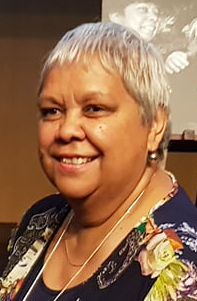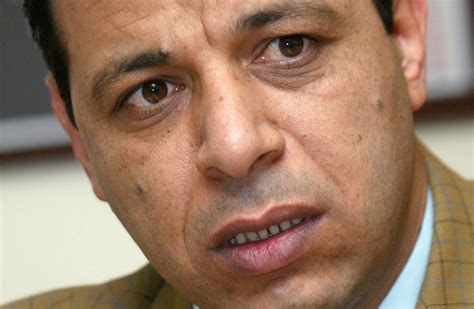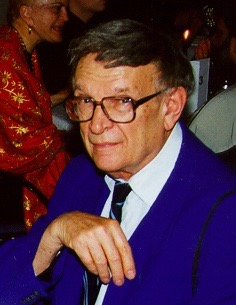A Quote by Bianca Jagger
Most governments in Latin America have failed to recognize the rights of indigenous people and their right to their own traditional territories.
Related Quotes
Today the governments of Latin America should be ashamed of not havingexterminated the indigenous, at the end of the twentieth century, because weexist at the end of this century. We are not myths of the past, ruins in thejungle, or zoos. We are people and we want to be respected, not to be victims ofintolerance and racism.
America was the first country in history to be founded on, people have rights. Not the divine right of kings, not the emperor's a god, or idolized, or we have to do what the dear leader says. And, expressly, that it's a system of equal rights, and then governments are instituted to secure those rights.
Look, you are interested in trying to make sure that governments keep a clean environment, have regard for the lifestyles of indigenous peoples, and work for fair trade rules. Well, it's exactly the same for human rights - from non-discrimination to the basic rights to food, safe water, education and health care. We are talking rights not needs. There are standards that governments have signed up to - but nobody is holding them to account.
When it comes to the common rights and needs of men and women, there is no clash of civilizations. The requirements of freedom apply fully to Africa and Latin America and the entire Islamic world. The peoples of the Islamic nations want and deserve the same freedoms and opportunities as people in every nation. And their governments should listen to their hopes.
Things have changed in Latin America now. We mostly have democratic governments in Latin America, so the position of the writer has changed. It is not as Neruda used to say, that a Latin American writer walks around with the body of his people on his back. Now, we have citizens, we have public means of expression, political parties, congress, unions. So, the writer's position has changed, we now consider ourselves to be citizens - not spokespeople for everybody - but citizens that participate in the political and social process of the country.
[Before the Civil Rights Act of 1964], many governments in southern states forced people to segregate by race. Civil rights advocates fought to repeal these state laws, but failed. So they appealed to the federal government, which responded with the Civil Rights Act of 1964. But this federal law didn't simply repeal state laws compelling segregation. It also prohibited voluntary segregation. What had been mandatory became forbidden. Neither before nor after the Civil Rights Act were people free to make their own decisions about who they associated with.
By far the most numerous and most flagrant violations of personal liberty and individual rights are performed by governments... The major crimes throughout history, the ones executed on the largest scale, have been committed not by individuals or bands of individuals but by governments, as a deliberate policy of those governments-that is, by the official representatives of governments, acting in their official capacity.
If it is an element of liberation for Latin America, I believe that it should have demonstrated that. Until now, I have not been aware of any such demonstration. The IMF performs an entirely different function: precisely that of ensuring that capital based outside of Latin America controls all of Latin America.
At the end of the day, these are issues that need to be discussed: femicides, among other things - immigrant rights, women's' rights, indigenous people's rights, animal rights, Mother Earth's rights. If we don't talk about these topics, then we have no place in democracy. It won't exist. Democracy isn't just voting; it's relegating your rights.
For Indigenous Australians, equal rights and citizenship have not always translated into full participation in Australian society. All Indigenous Australians have only been counted in the census since the 1967 Referendum. Even so, State protection and welfare laws continued to control the lives of Indigenous Australians and denied them equal rights, well into the 1970's.


































